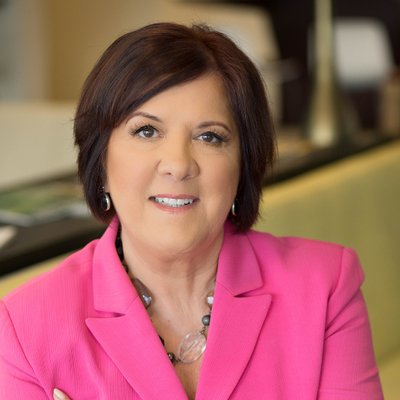Two key surveys recently noted a continuing downward trend in retirement readiness among workers and retirees:
The Center for Retirement Research at Boston College reports that 52 percent of households are “at risk” in affording a comfortable retirement. And this doesn’t include health care costs, which are rising above the overall rate of inflation—reportedly at 6 percent this year. Failing to count health care in retirement planning will further drive up the share of households at risk.
Health care costs are the Number One reason that one in three workers and one in four retirees say they are “mentally or emotionally stressed about preparing for retirement.” Yet people are not taking steps to reduce their stress, notes the Employee Benefit Research Institute’s 2017 Retirement Confidence Survey.
You can help readers of all ages, particularly those contemplating retirement, by including these findings in your stories:
Reveal retirement health care costs
Over the course of retirement, a couple who are 65 in 2017 will need $260,000 just to pay for Medicare premiums, Medicare co-payments, deductibles and prescription drugs, according to Fidelity Investments’ Retiree Health Care Costs Estimate. (This assumes a lifespan of 85 years for the male, 87 for the female.) That estimate doesn’t include costs many assume are covered by Medicare, such as eye exams, hearing aids, most dental work and the long-term care. Add that to the first sum and the total approaches $400,000.
Report on health care cost calculations
Retirees and future retirees should include health care costs in their projected monthly budgets. Factors including rising longevity and health care inflation can increase health care costs for some retirees, reports the latest survey from HealthView Services. Fidelity’s survey estimates assume 3 percent annual inflation, but their 2017 estimate noted an increase of 6 percent from the previous year, the highest on record due to rising prescription prices. On average, the Kaiser Family Foundation says that retirees should expect to spend 15 percent of their budget on health care; 18 percent—or more—if they are 80 or older.
Take a look at advisors
Fewer than one in four respondents have sought financial advice, according to the EBRI survey. Reporters can interview financial planners in their area, or locate members belonging to one of several national organizations. They can also point consumers to investment sites such as Vanguard, Fidelity and TR Rowe, which offer investing advice, including retirement calculators. Fidelity recently introduced a calculator to estimate retirement health care costs.
Reporter’s Resources
• The Center for Retirement Research at Boston College is a comprehensive source on retirement studies and issues, including the behavioral factors that drive an individual’s financial decisions.
• The Kaiser Family Foundation focuses on national health issues, as well as the U.S. role in global health policy.
• Fidelity Investments projects health care costs in retirement in its annual Retiree Health Care Cost Estimate
• HealthView Services produces health care cost-projection software.
• Financial planning organizations include: the Financial Planning Association, the National Association of Personal Financial Advisors and the Garrett Financial Network.











